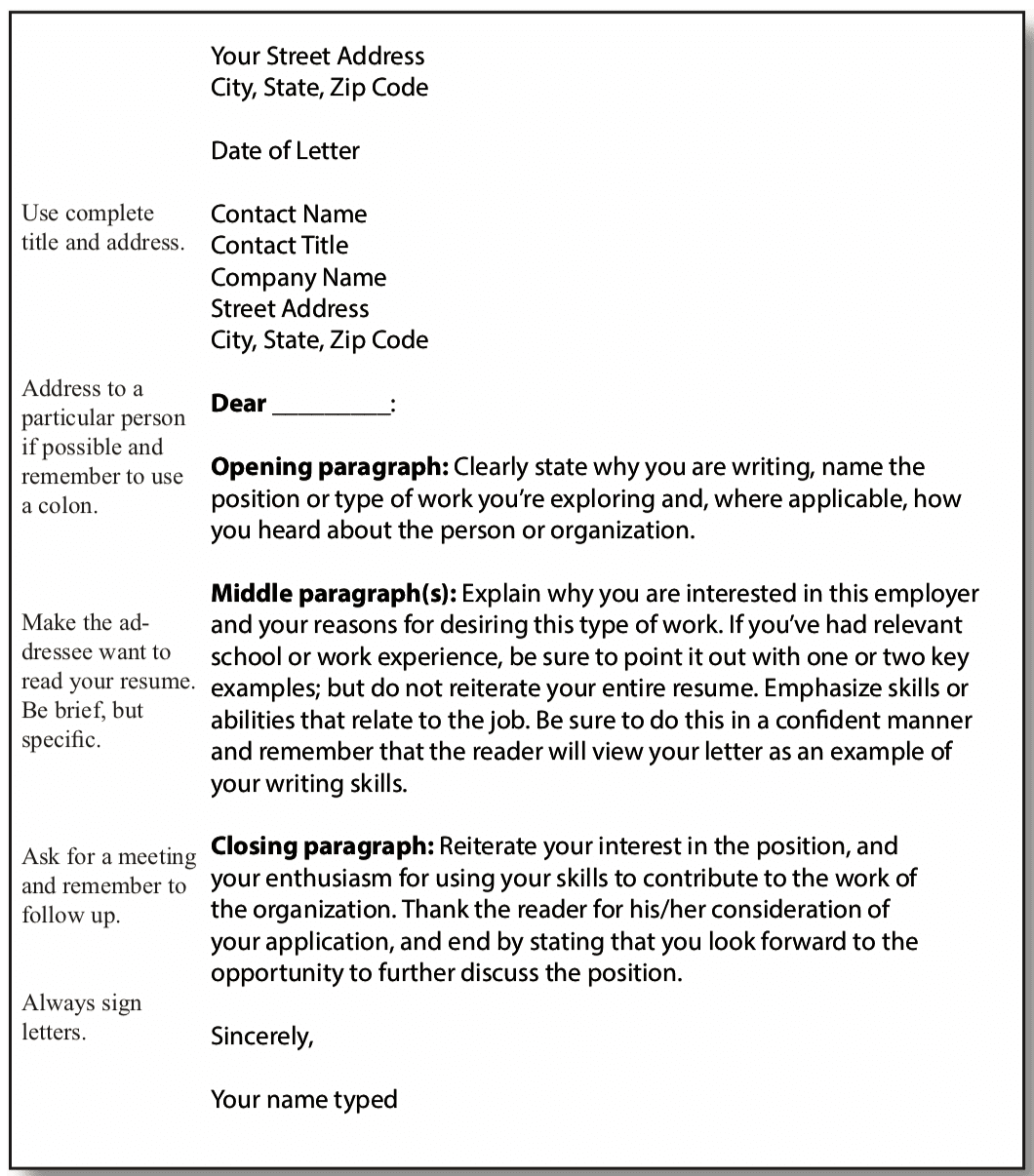Attending Harvard is free if your household income is below 65K a year. Harvard’s financial aid programs pay 100 percent of tuition, fees, room, and board for students from families earning less than $65,000 a year.
Experts from Harvard Share Tips for the Perfect Cover Letter
Picture this scenario: You’ve just received your college degree and are chomping at the bit to get into a job that features your skills. You’ve done everything right. Great grades, solid references, a sparkling new resume, and a boatload of internships to prove your experience.
You’re scanning open positions online and come across your dream job! You upload your resume and fill out the application marking your interest. But before you click “submit” there is a section to upload a cover letter. Uh oh.
You quickly draft a letter to the HR manager regurgitating your resume. Good enough, right? Wrong.
According to Inc.com, there are over 250 applicants vying for that job, but only about 2% of those score an interview. So how do you stand out among the competition?
Your cover letter.
Photo Credit: Pexels, Lukas
A cover letter sets you apart. It lets the employer understand your personality, writing skills and why you are better than the competition.
What to include in your cover letter
Linda Spencer, Assistant Director of the Office of Career Services at Harvard answers the all-important question:
- Why are you a great fit for that specific company?
- How would you add value back into the organization if hired for that specific role? What impact could you make?
She also touches on an astounding statistic that “…the average employer takes up only about 7 seconds [to review resumes]. So they are not reading these resumes, they’re skimming these resumes. They need to know right off the bat how you are adding value.”
If you are looking to get to the top of the stack, a cover letter will help. Here’s what you need to include.
Address the letter to an actual person
With job sites like Linkedin, you should be able to seek out the hiring manager. And sometimes the job description lists the person performing the interviews, such as a Human Resources individual. Take that opportunity to personalize that letter to a specific audience (if you get it wrong, it’s not the end of the world).
State your purpose for the letter
An opener such as: “I am writing to express my interest in the [ENTER Position Title] within your organization.
Be clear as to why they are receiving your resume. You may also include where you found the job—via their website or a job board.
Do not summarize your resume!
Your cover letter should enhance your resume, not rehash it into paragraph form. This is your chance to shine and show a little of your personality and enthusiasm.
“If you have relevant school or work experience, be sure to point it out with one or two key examples,” Harvard’s Career Services Manual states. “Emphasize skills or abilities that relate to the job. Be sure to do this in a confident manner and keep in mind that the reader will also view your letter as an example of your writing skills.”
Use action words and the words “You” or “Your organization” rather than “I”
Remember, the employer wants to know what you can do for their company! Show them in your cover letter (don’t tell them). If you use the word “I”, it tells the company what you hope to gain from them, not the other way around.
Companies are interested in finding the best employee and that top echelon of candidates express what they can to add value to the job.
And skip the overused words like “hard-working, results-driven, team player.” Chances are the hiring manager has seen these a million times. Give them action. Show them how you are a team player. What projects have you done in which you proved you are a results-driven candidate?
Closing statement
In the end, show your enthusiasm for being in consideration for the role. Thank them for their time and tell them you are looking forward to discussing your candidacy further. This shows them you are excited and appreciative.
Consistency
Lastly, consistency is key. Your font type, size, etc should match your resume. These two very important documents complement each other and should match across the board.
Here is an excellent example of a cover letter breakdown to help you score that dream job!
Photo Credit: Harvard
Now get out there and apply!
The post Experts from Harvard Share Tips for the Perfect Cover Letter appeared first on UberFacts.

